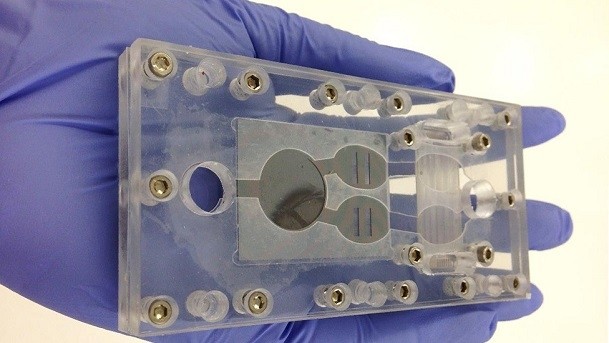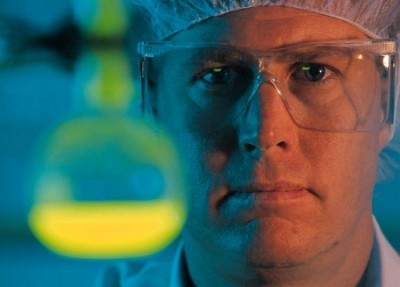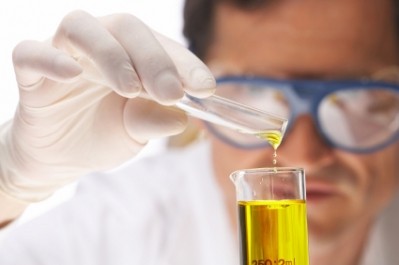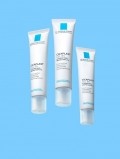L’Oréal calls attention to advanced research on predictive evaluation models for safety and efficacy

It’s work that could well make animal testing for cosmetic ingredients and finished products a thing of the past. The article, Multi-Organ toxicity demonstration in a functional human in vitro system composed of four organs, was published in February of this year. But the multinational beauty company in just now publicizing the findings and article.
Faux human
L’Oréal is calling attention to the fact that human-on-chip technology could change the way testing happens in the beauty industry. "The system operates with functional tissues derived from human cells and is capable of simulating the human metabolism,” explains Dr James Hickman, of the NanoScience Center at the University of Central Florida, in a company press release issued last week. “Those technologies will play a key role in safety evaluation without the use of animals,” he says.
The beauty giant isn’t alone in this field. About two years ago the Wyss Institute at Harvard University, which also developed an organ-on-chip technology, launched Emulate, a company to make the chips widely available.
And L’Oréal itself often has other projects going that could change cosmetic and personal care product research, innovation, and testing. In 2015, the company teamed up with Organovo on bioprinted skin. According to an SEC filing about that deal, “under the Agreement, L’Oréal will have the exclusive right to use the skin tissue models for the development, manufacturing, testing, evaluation and sale of non-prescription cosmetic, beauty, dermatology and skin care products.”
Future perfect
As the science advances, skin models are more similar to real bodies and as such more useful.The human-on-chip system created in partnership with UCF is a useful technology that will likely lead to an even more complex next-generation evaluation model.
“For L’Oréal, this new system is a milestone that will complement another technology we have mastered for years now: skin reconstruction. This new approach of 'organ on a chip' will bring huge benefits: increase of cell lifespan, integration of different cell types coming from different organs, better prediction of both safety and efficacy,” says Charbel Bouez, Head of Americas, L’Oréal Advanced Research.













